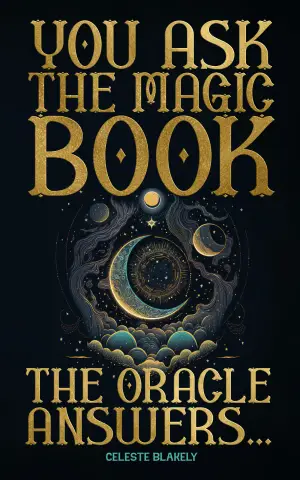A Journey Through Memory: Reflections on The Last Cuentista
When I first stumbled upon The Last Cuentista by Donna Barba Higuera, I was immediately intrigued. A middle-grade science fiction novel that’s both immersive and poignant? It felt like a rare gem. The premise, woven with the rich fabric of storytelling and the transition to a dystopian future, pulled me in like a favorite childhood story retold—all with the weight of legacy and identity.
At its heart, The Last Cuentista follows Petra Peña, a young girl whose world shatters when a comet obliterates Earth. Along with a chosen few, she boards a spaceship destined for Sagan—a new planet meant to be a fresh start. However, when she awakens from her centuries-long slumber, she discovers a chilling reality: the ship has been taken over by a faction known as “The Collective,” intent on erasing all memories that shape individual identities. I found Petra’s journey to reclaim her past and the stories of her grandmother, Lita, both captivating and heartbreaking. The contrast between her warm memories of Earth and the cold, utilitarian life aboard the spaceship emphasizes the importance of storytelling as a vessel of cultural identity.
Higuera’s writing style is both relatable and rich in detail. The pacing kept me on the edge of my seat, especially when Petra navigated the dangers of the Collective while desperately trying to hold onto her memories. The world-building is impressive; I could vividly feel the warm desert sun of Petra’s past compared to the metallic chill of her present. It’s truly remarkable how the author manages to present mature themes—such as the value of individuality and the dangers of conformity—through a lens accessible to younger readers.
One particular quote resonated deeply with me: “Maybe stories are there to help us do both. I know stories can’t always have happy endings. But if there are chances for us to do better, we have to say out loud the parts that hurt the most.” It captures the essence of the book beautifully—the idea that even amidst despair, stories provide hope and a means to understand our identities.
However, as I reached the conclusion, I found myself yearning for more—a sequel, perhaps? While the story is self-contained, I wished for deeper explorations of the Collective and its motivations. Additionally, some plot conveniences felt a tad forced. Petra’s eye condition, which initially added tension, seemed to vanish just when it could have intensified the narrative.
Despite these minor critiques, I thoroughly enjoyed this thrilling adventure that introduces sci-fi to younger audiences with grace and imagination. I believe The Last Cuentista will resonate with readers who appreciate tales steeped in cultural significance, adventure, and an exploration of what it means to remember and belong.
In a world where stories are often underappreciated, Higuera reminds us that they are essential threads connecting us to our history, our identity, and each other. If you’re looking for a thought-provoking tale that dances between past and future, The Last Cuentista is not to be missed. It’s a heartfelt reminder that, no matter the circumstances, our stories remain our greatest treasures.






